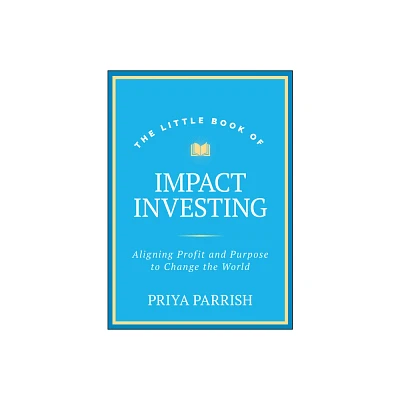Home
Hot Stocks: Investing for Impact and Profit a Warming World
Loading Inventory...
Barnes and Noble
Hot Stocks: Investing for Impact and Profit a Warming World
Current price: $38.00


Barnes and Noble
Hot Stocks: Investing for Impact and Profit a Warming World
Current price: $38.00
Loading Inventory...
Size: Hardcover
*Product Information may vary - to confirm product availability, pricing, and additional information please contact Barnes and Noble
The world is warming, our portfolios will have to adapt, and the stocks we own can help shape our future; James Ellman shows how to invest wisely as climate change impacts multiple sectors across the stock market. The costs of global warming and its mitigation will have a major impact on equity market performance over the next two decades. As the climate changes, investors will need to understand which are the best-positioned market sectors and stocks as well as those to avoid. Hot Stocks provides a roadmap detailing how to invest in this new reality. It evaluates the many ways global warming will affect profit flows in the economy: • Impacts of a warmer climate, rising ocean levels, more frequent extreme storm events, land desertification and ocean acidification. • Potential for government taxation on greenhouse gas emissions. • Accelerating switching to renewable power systems that are increasingly cost competitive with those powered by oil fossil fuels. • Government bans on sales of cars powered by internal combustion engines and the electrification of the terrestrial vehicle fleet. • Potential for hydrocarbon reserves and equipment becoming impaired or ‘stranded assets’. • Rising demand for major infrastructure projects to protect valuable coastal real estate from inundation. • Litigation aimed at forcing legacy polluters to pay mitigation costs. The book drills down on how these changes will depress or support stocks in sectors such as the petroleum industry, automakers, renewable power providers, regional banking, property insurance, heavy equipment manufacturers, Real Estate Investment Trusts (REITs) and agricultural chemicals. The analysis then pivots away from a US-centric focus to identify those nations around the world whose economies are best positioned to successfully adjust to the impact of rising prevailing temperatures, as well as those likely to suffer the most from the trend.


















